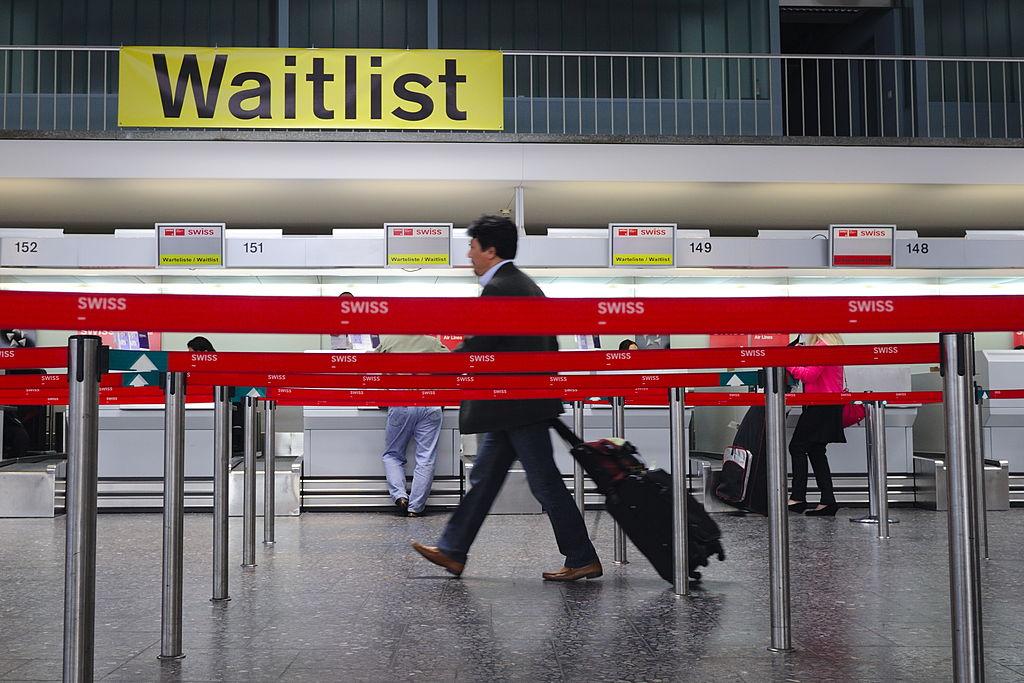A Sino-Swiss agreement shrouded in secrecy has been exposed, revealing that Chinese security agents were allowed to roam Switzerland unsupervised.
Safeguard Defenders, an Asia-focused human rights NGO, published the official English translation of the agreement in a report published on Dec. 9. The five-year “readmission agreement,” which came into effect in December 2015 and expired Dec. 7 this year, set out terms for Chinese agents to travel to Switzerland and conduct interviews of Chinese nationals that the Swiss government were considering to deport.





